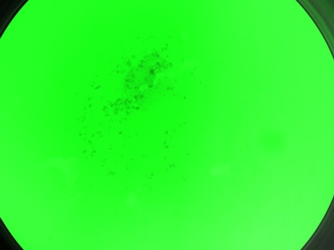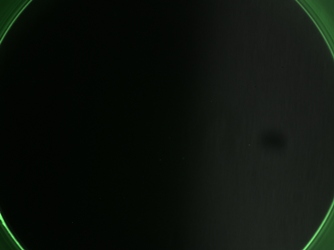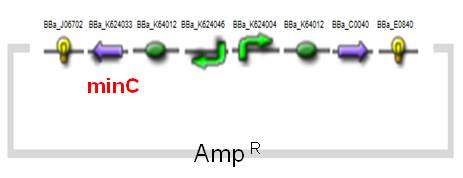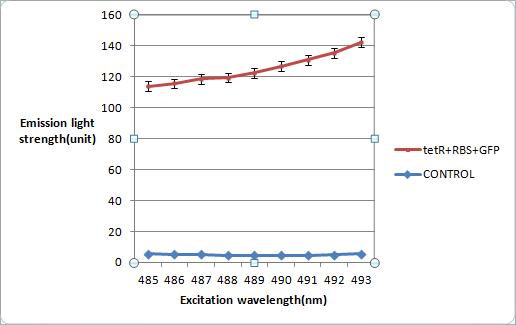Team:NYMU-Taipei/results/immunological-solution1
From 2011.igem.org
(→tetR+RBS+GFP) |
(→Construction & Parts) |
||
| Line 13: | Line 13: | ||
| - | <font size=4>'''Our | + | <font size=4>'''Our MinC construct and Inv&LLO construct''' |
| + | |||
| + | {| class="wikitable" border="1" | ||
| + | |- | ||
| + | ! [[Image: AMB-1_minC_NYMU.jpg|center]] | ||
| + | ! [[Image: .jpg|center]] | ||
| + | |- | ||
| + | | <center>Fig. Design of MinC Construct on AMB-1</center><center>Backbone Plasmid: pYMB</center> | ||
| + | | <center>Fig. Design of Inv&LLO Construct on AMB-1</center><center>Backbone Plasmid: pRKM415</center> | ||
| + | |} | ||
==<font size=4><font color=crimson>'''tetR+RBS+GFP '''</font></font>== | ==<font size=4><font color=crimson>'''tetR+RBS+GFP '''</font></font>== | ||
Revision as of 01:00, 6 October 2011

Construction & Parts
Our MinC construct and Inv&LLO construct
| | |
tetR+RBS+GFP
measurements of construct tetR+RBS+GFP under fluorescence microscope

| 
| 
|
|---|
These are the measurements of our construct tetR+RBS+GFP under fluorescence microscope. The left graph is from the control group of E. coli strain DH5a. The middle is tetR+RBS+GFP in plasmid c3 in E. coli, while the right is from a plate without any bacilli. All graphs are measured in fixed exposure time. Construct of tetR+RBS+GFP which emits light is thought to be a leak phenomenon of plasmid, for RE digest has proven the sequence length is correct, and further sequencing work is under operation.
GFP measurements under different excitation wavelengths
The expression of GFP is measured precisely under excitation wavelength from 475nm to 501nm, given the absorption wavelength 511nm. In our measurement, wavelength over 493nm yields high background, resulting in values of control group surging far beyond normal condition. Thus, 493nm is suggested as the best excitation wavelength, as it presents the highest emission light and the lowest of the control group.
 "
"







